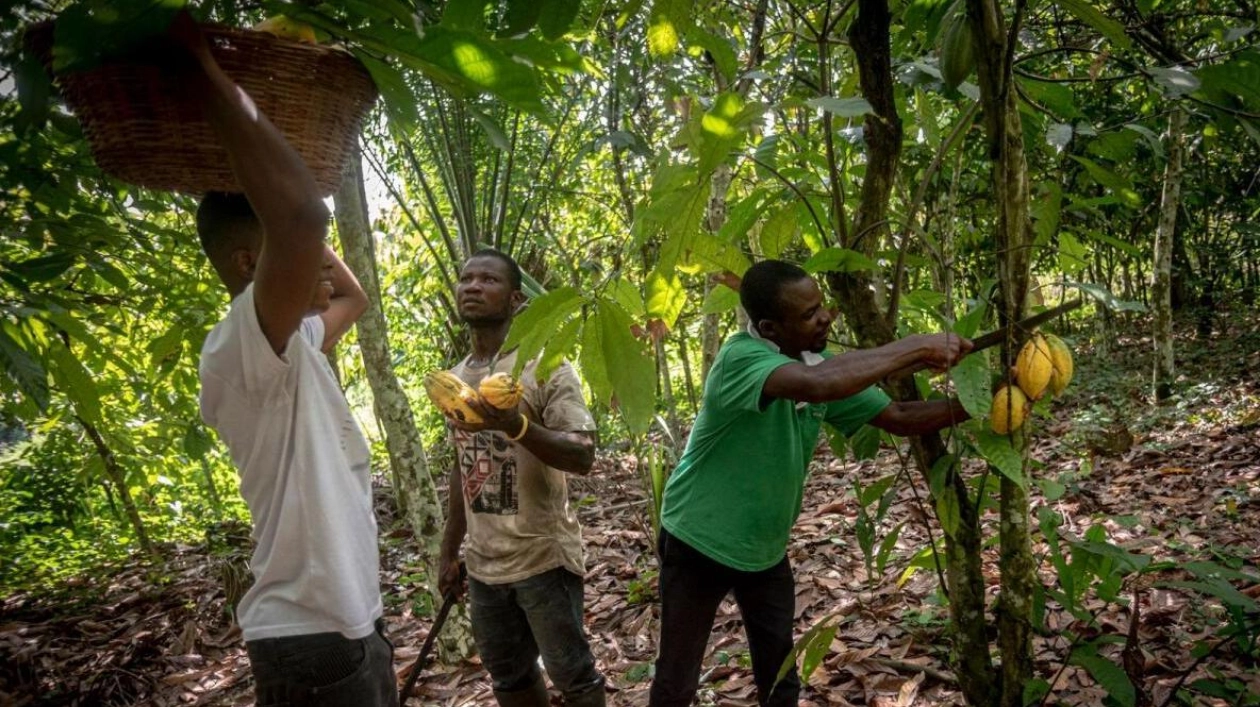A recent stress test on five African banking systems revealed that some lenders in the region might collapse if the loss of natural resources significantly reduces the profits of agriculture and forestry firms they have financed. The study, conducted in Zambia, Ghana, Rwanda, Morocco, and Mauritius, indicated that certain sectors could experience a halving of profits over the next two decades if issues such as deforestation and the decline of pollinators continue to be overlooked.
Oswald Mungule, a senior analyst at the Bank of Zambia involved in the study, emphasized the importance of coordinated action to mitigate risks from nature and climate change, warning of potential systemic risks and contagion effects on Africa's financial sector. This warning comes ahead of the UN's COP16 biodiversity conference in Colombia, where leaders are under increasing pressure to protect key ecosystems.
Building on an initial analysis from 2022, this new stress test, exclusively shared with Reuters, is the first since the global agreement at COP15 in Toronto to assess the economic impact of biodiversity loss. The World Economic Forum estimates that nearly two-thirds of Africa's economic output depends heavily or moderately on the natural environment. The stress tests, coordinated by the African Natural Capital Alliance (ANCA), FSD Africa, and McKinsey, highlighted the agriculture, mining, and food sectors as facing the most significant challenges.
If no significant actions are taken over the next 25 years, Ghana's agriculture firms and Zambia's mining firms could see their profits drop by 50% and 32% respectively, leading to negative impacts on banks. Dorothy Maseke, head of ANCA and FSD Africa Nature Lead, noted that cumulative expected credit losses could increase by up to 21% by 2050 without proactive measures. Mungule also highlighted the risk of food shortages, which historically increase inflation and interest rates.
In Zambia, a severe drought has led to a surge in food prices, exacerbating the national debt crisis and resulting in nearly 14% of loans to agriculture and forestry firms becoming non-performing. To address these issues, Zambia's central bank is advocating for fewer loans to mining firms and more to environmentally friendly activities. The bank also aims to conduct regular climate stress tests and join the Network of Central Banks and Supervisors for Greening the Financial System.
ANCA has established memorandums of understanding with four African countries, including Zambia, to aid in policymaking, with plans to support eight countries by the end of the year. The stress tests evaluated three scenarios: no additional action, government regulations with slow corporate response, and coordinated action. If companies can reduce their environmental impact and adjust prices accordingly, the profit reduction could be between 78% and 27% lower.






